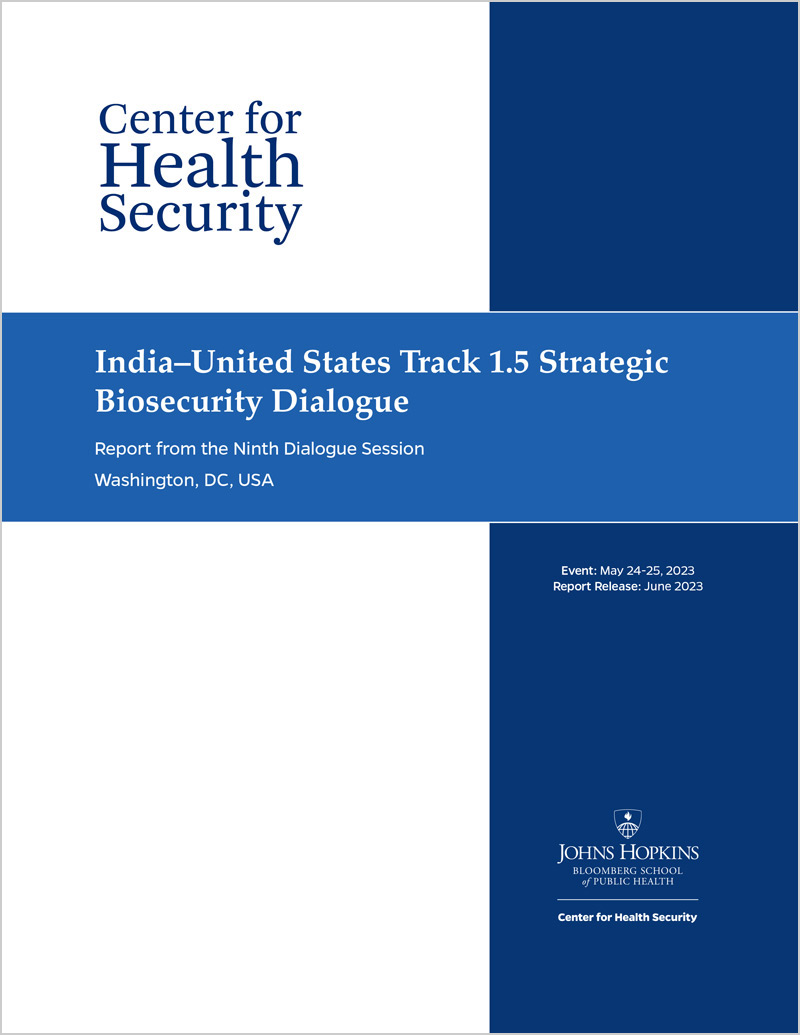
India is intensifying biosecurity measures across poultry farms and wildlife sanctuaries in response to the expanding reach of the H5N1 avian influenza virus, which has now affected domestic poultry, wild birds, and several mammalian species, including big cats and domestic cats.
The Ministry of Fisheries, Animal Husbandry and Dairying has issued directives to all states to bolster surveillance and implement stringent biosecurity protocols. This action follows reports of the virus infecting a diverse range of species, raising concerns about its evolving nature and potential implications for both animal and human health.
In Andhra Pradesh, eight outbreaks of highly pathogenic H5N1 bird flu were reported in farms and backyard poultry, leading to the death or culling of approximately 602,000 birds. These incidents underscore the virus’s persistent threat to the poultry industry.
The virus’s impact has extended beyond avian species. In Maharashtra, three tigers and a leopard succumbed to H5N1 at a rescue centre in Nagpur, prompting the central government to issue a red alert for zoos and animal rescue centres nationwide. Authorities have been urged to implement immediate measures to prevent further outbreaks among captive wildlife.
India’s first cases of H5N1 in domestic cats were confirmed in Madhya Pradesh’s Chhindwara district. The infected cats exhibited symptoms such as high fever, loss of appetite, and lethargy before dying within one to three days. Scientists identified 27 mutations in the virus found in these cats, highlighting the need for enhanced surveillance across domestic poultry, wild birds, and mammals, including pets and humans.
The cross-species transmission of H5N1 is not limited to India. Globally, the virus has been detected in various mammalian species, including tigers, leopards, and domestic cats, raising concerns about its ability to jump species barriers. In the United States, outbreaks have been reported among house cats, while in Canada, a teenage girl was severely affected by the virus, indicating its potential risk to human health.
In response to these developments, the Indian government is collaborating with international health organizations to monitor the situation closely. Efforts are underway to study the virus’s mutations and assess the risk of human transmission. Public health advisories have been issued, cautioning against contact with sick or dead birds and emphasizing the importance of hygiene and protective measures for those handling poultry.


